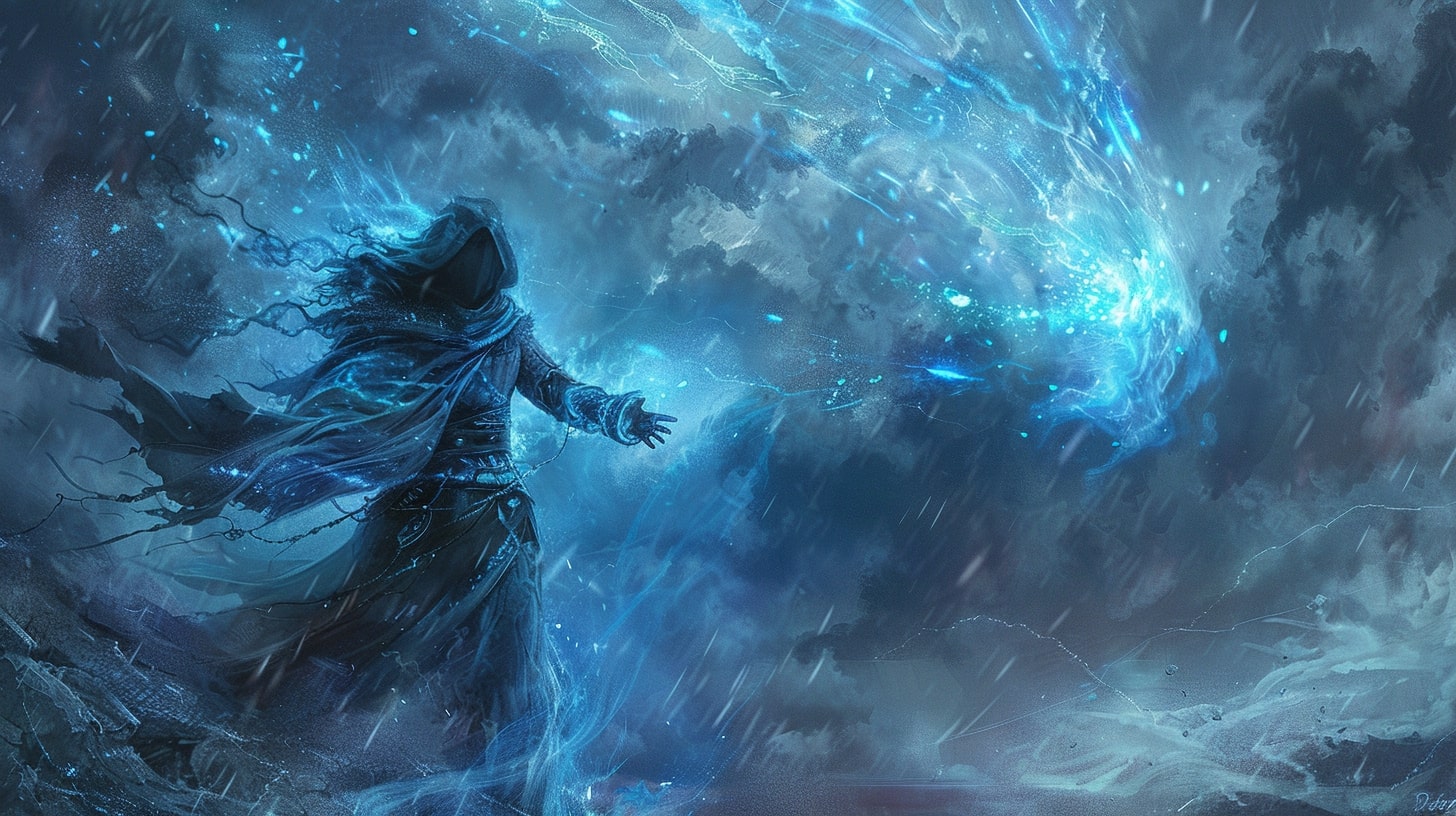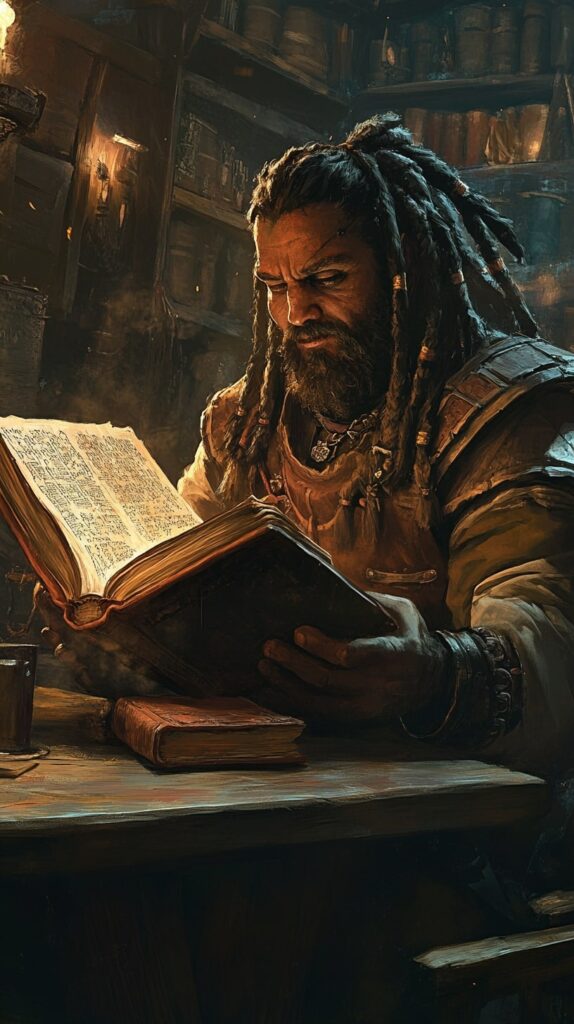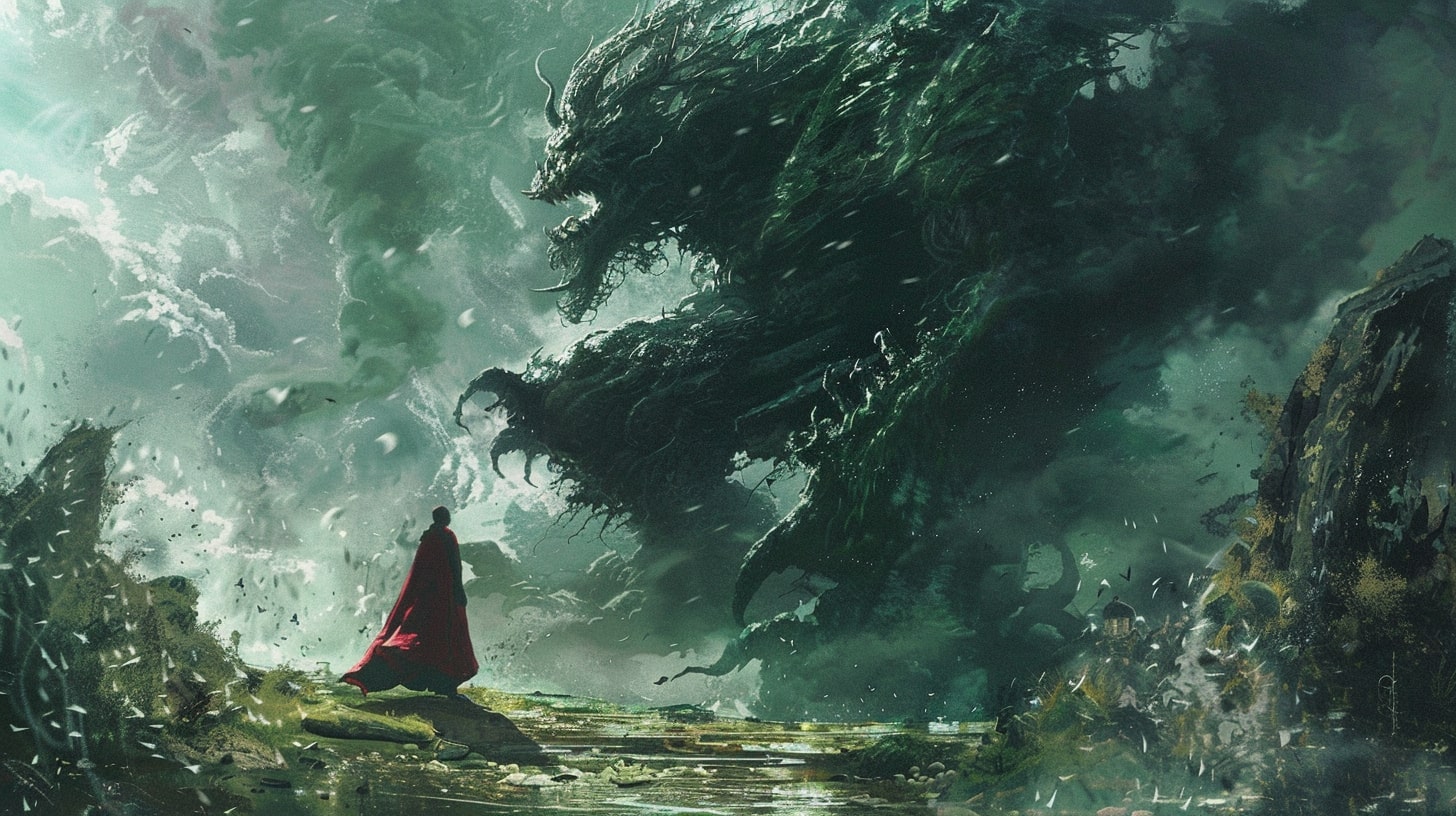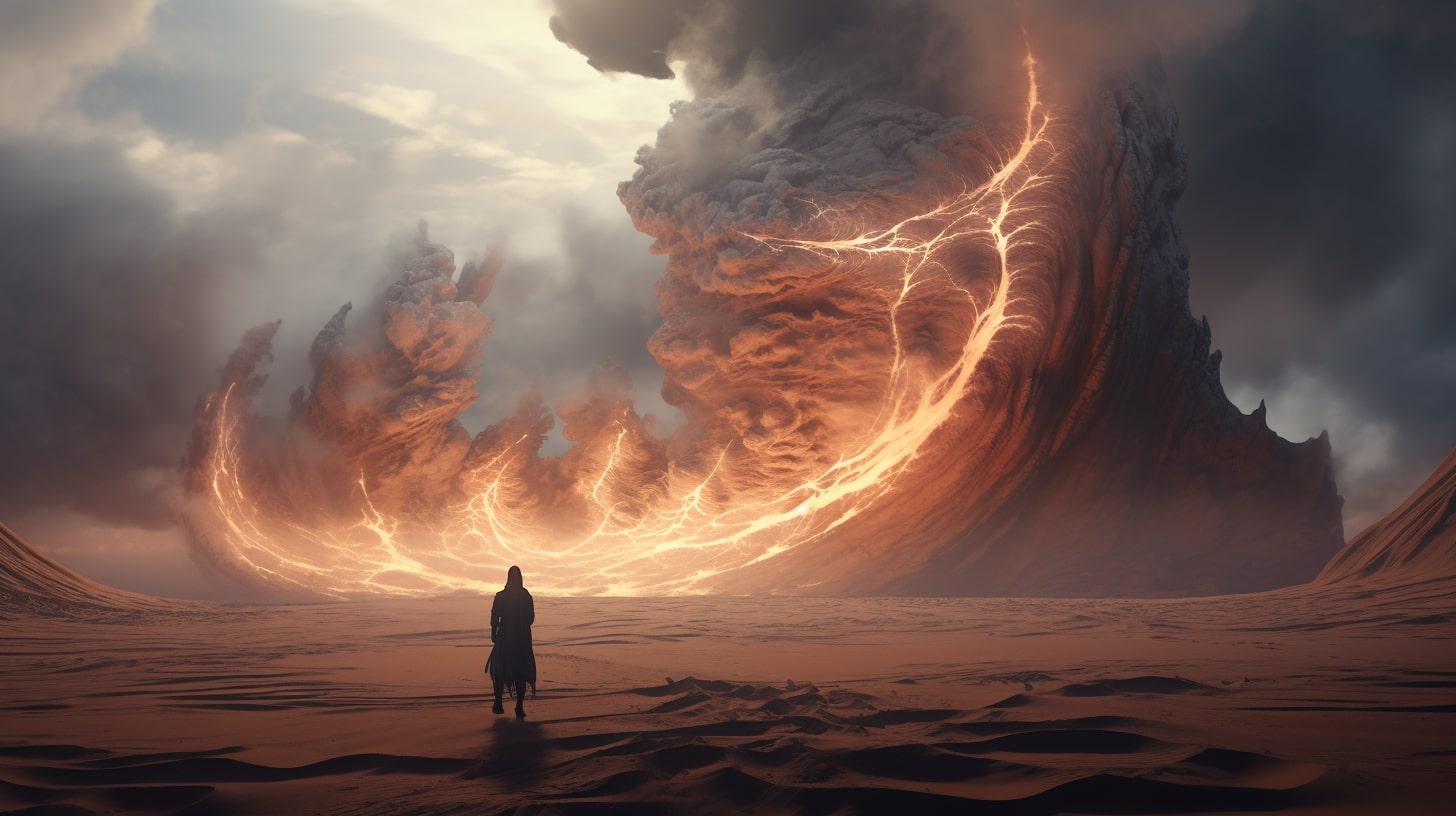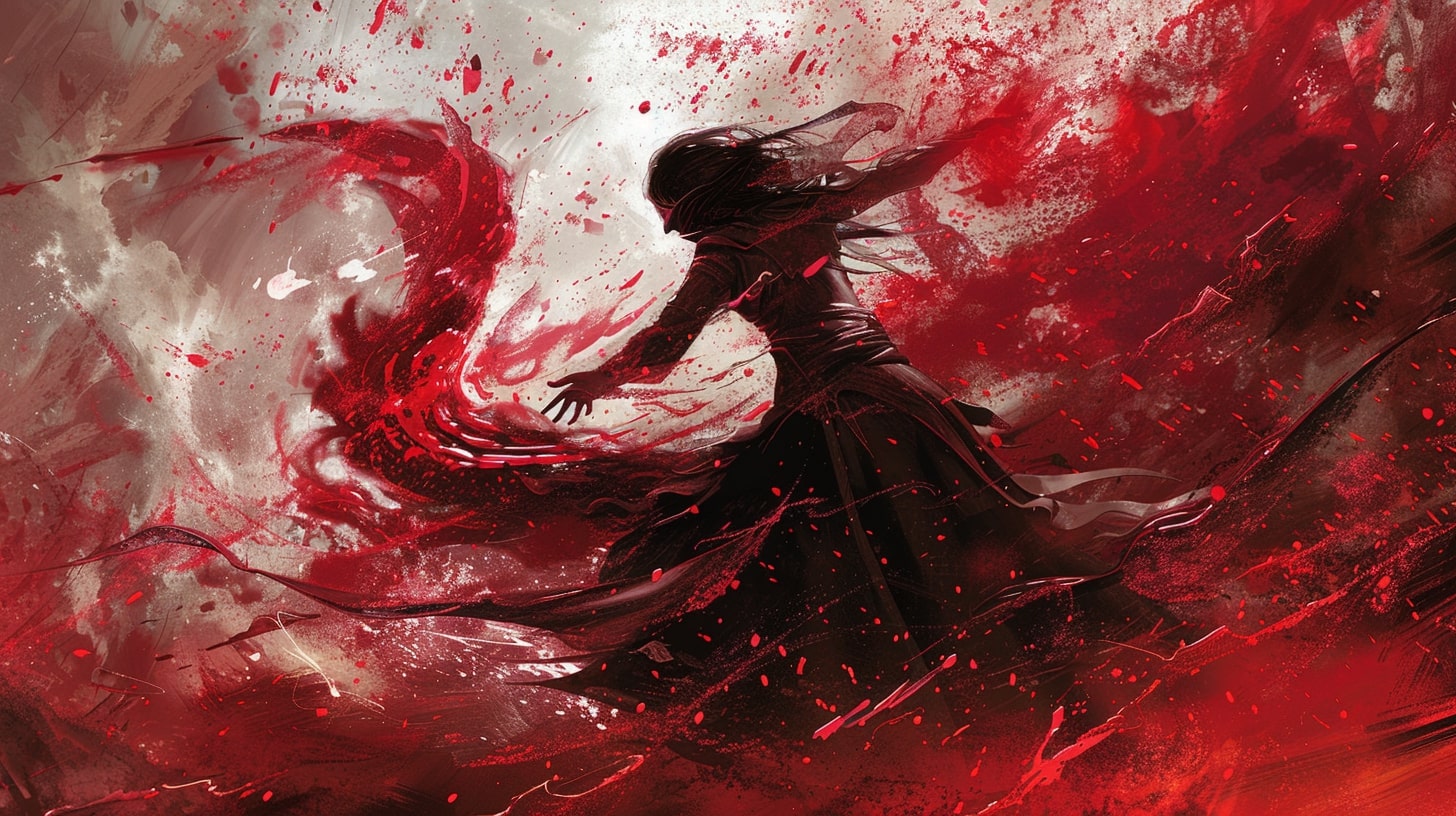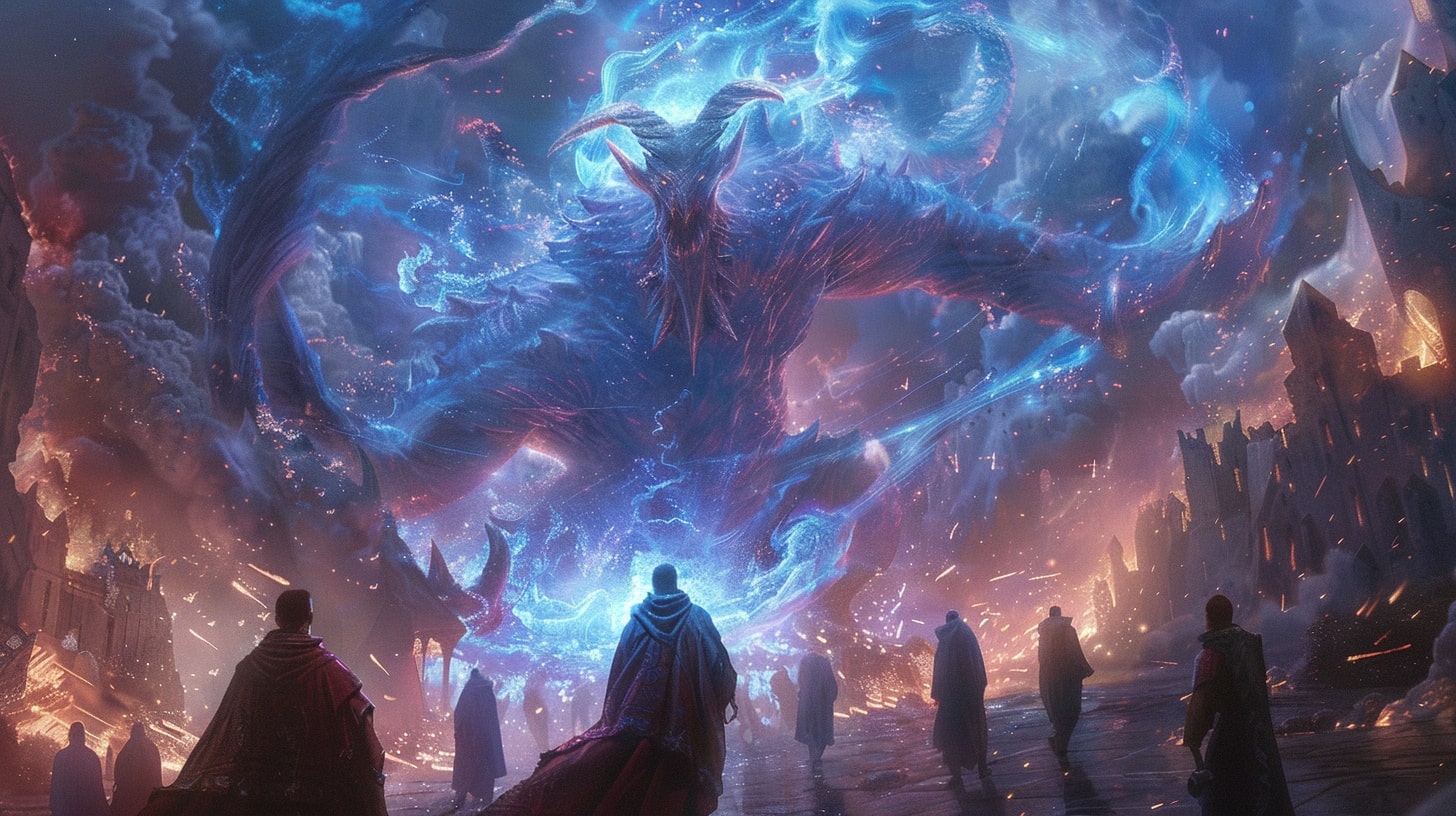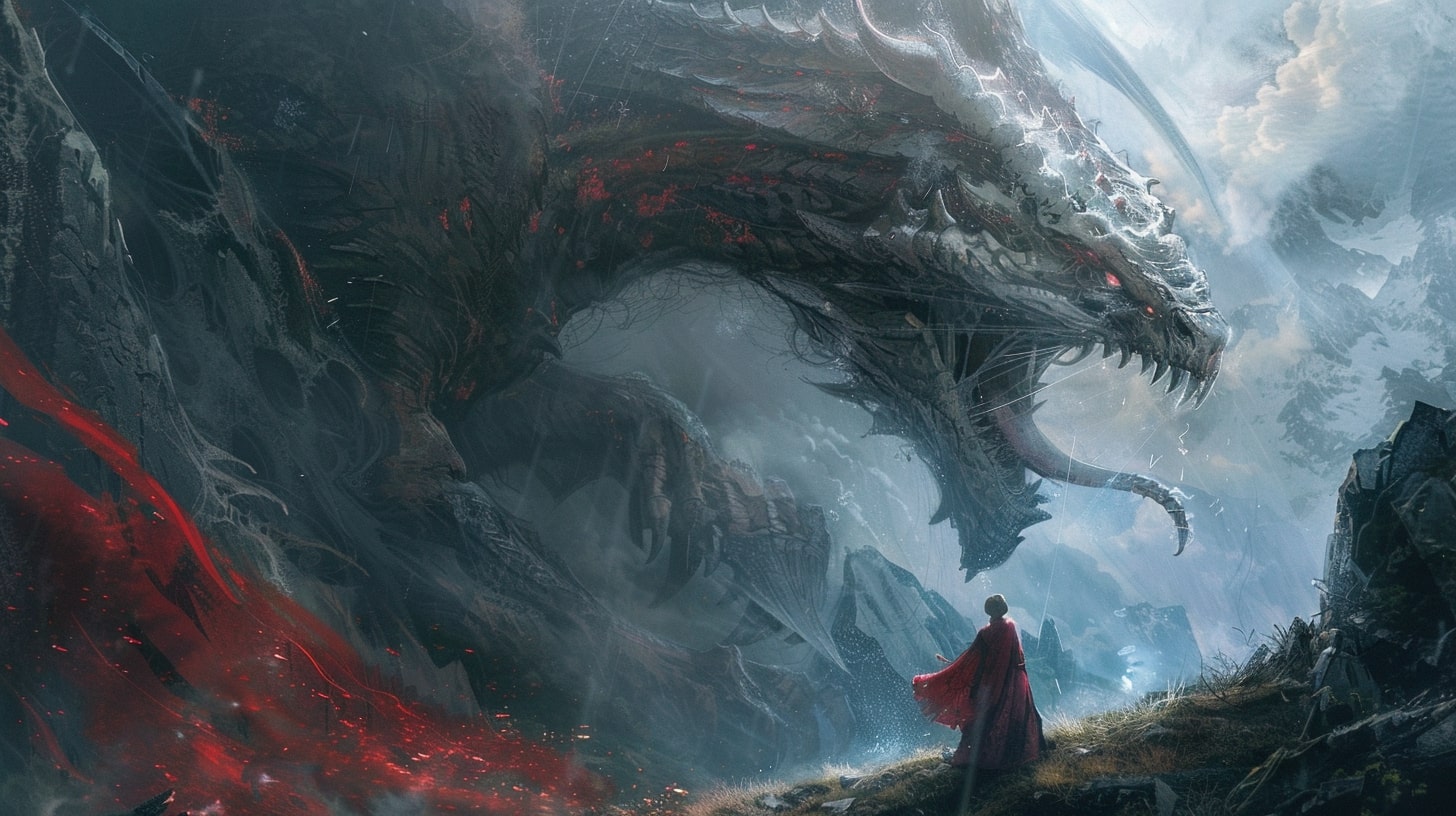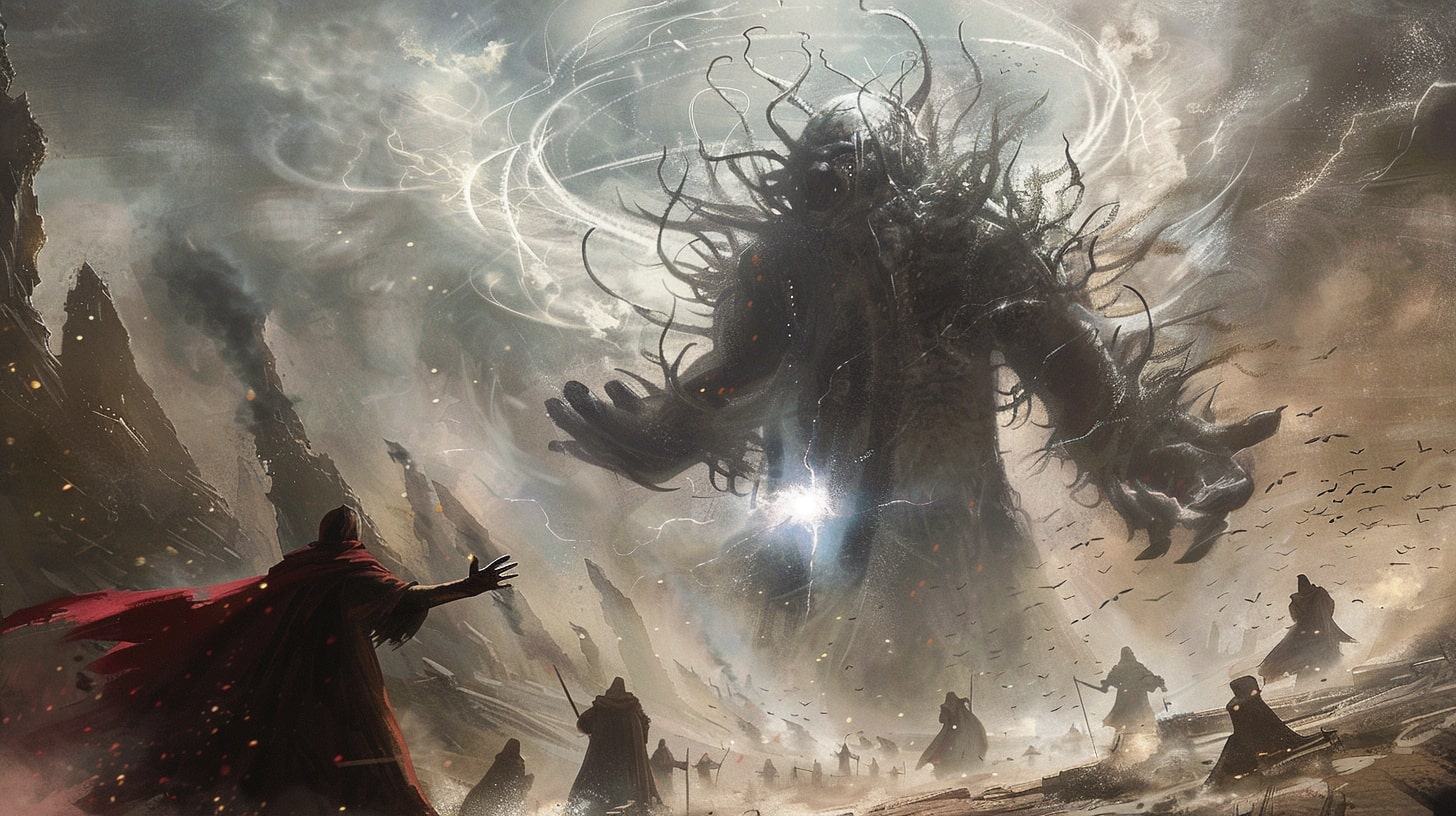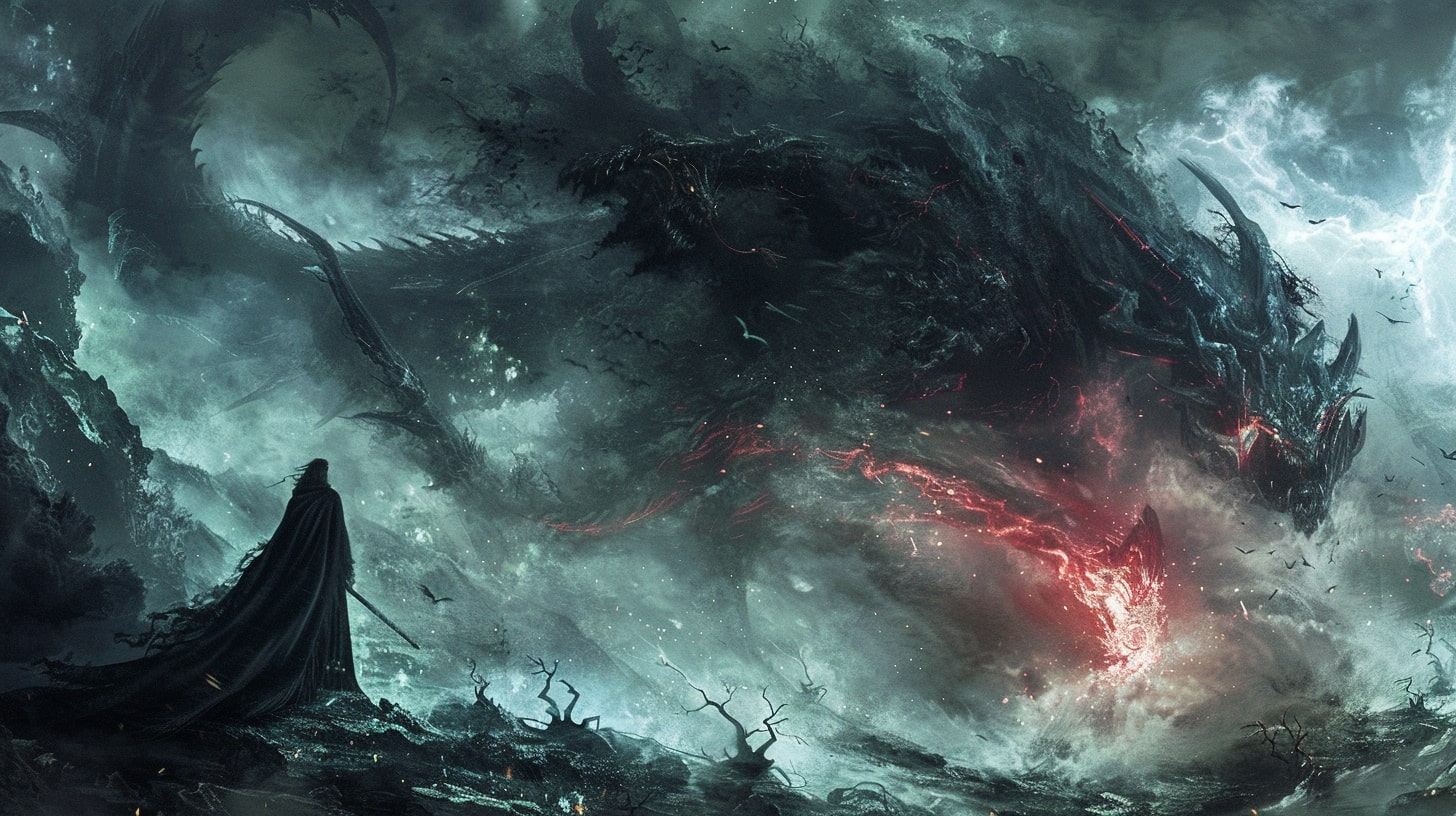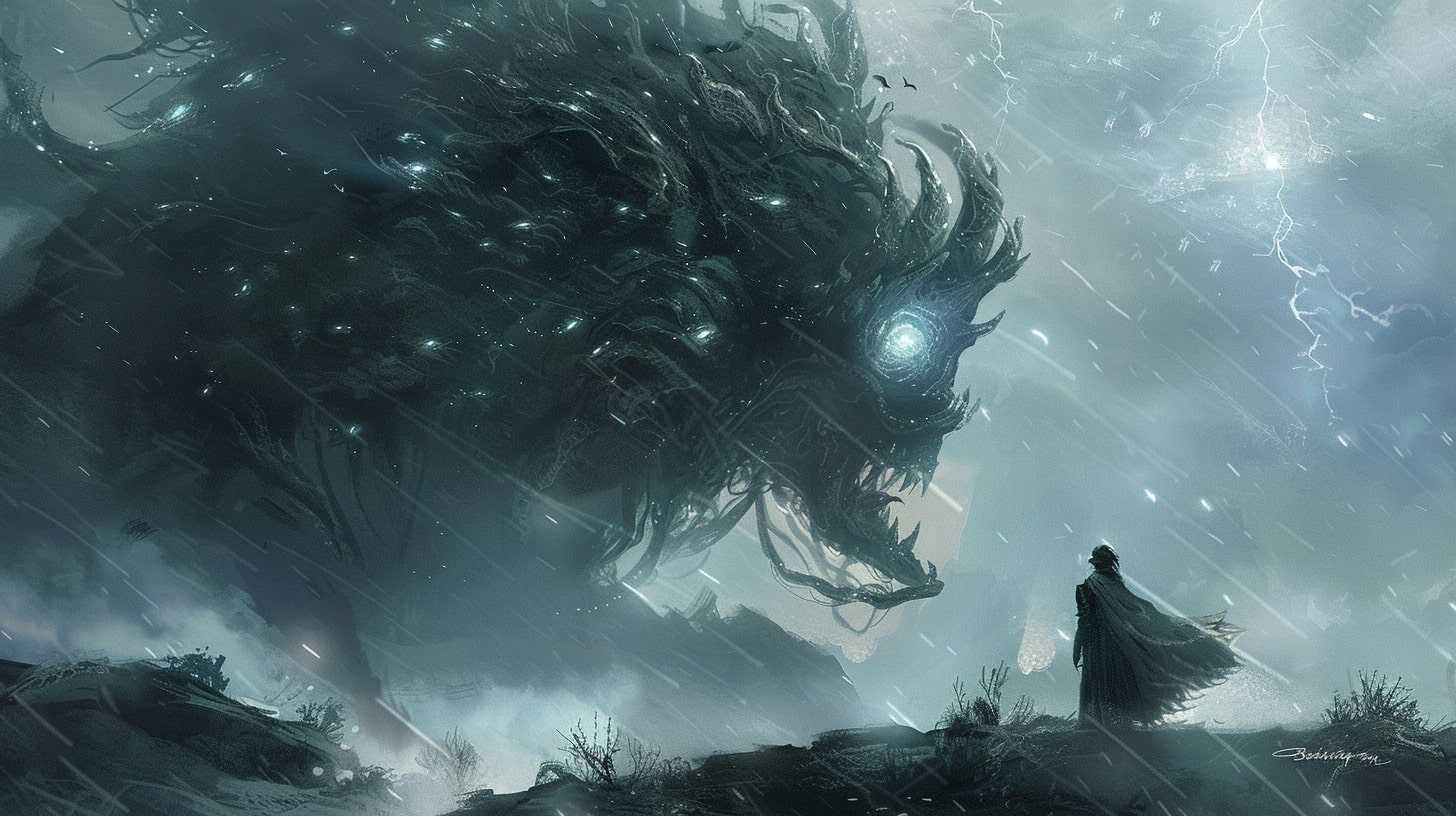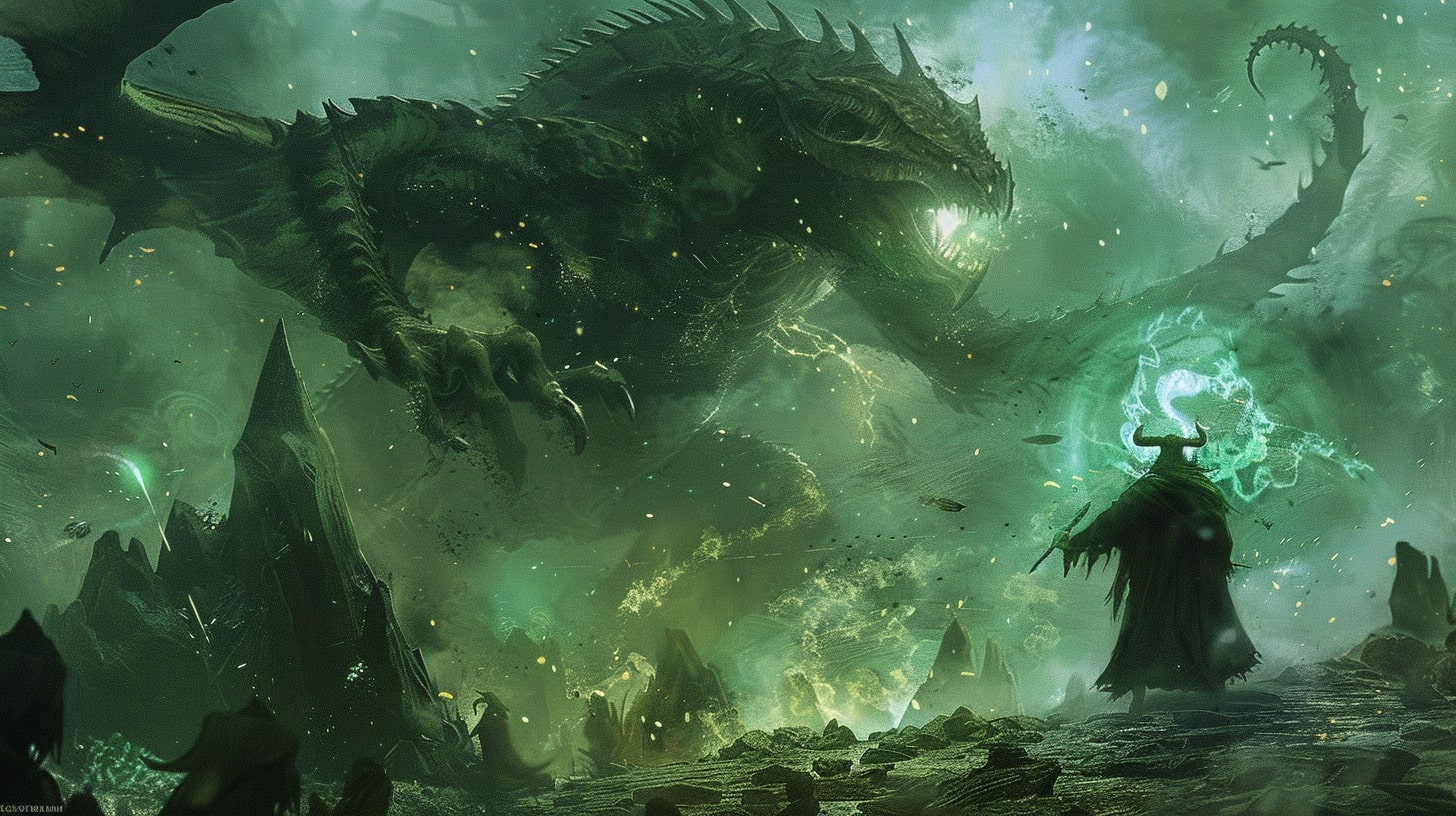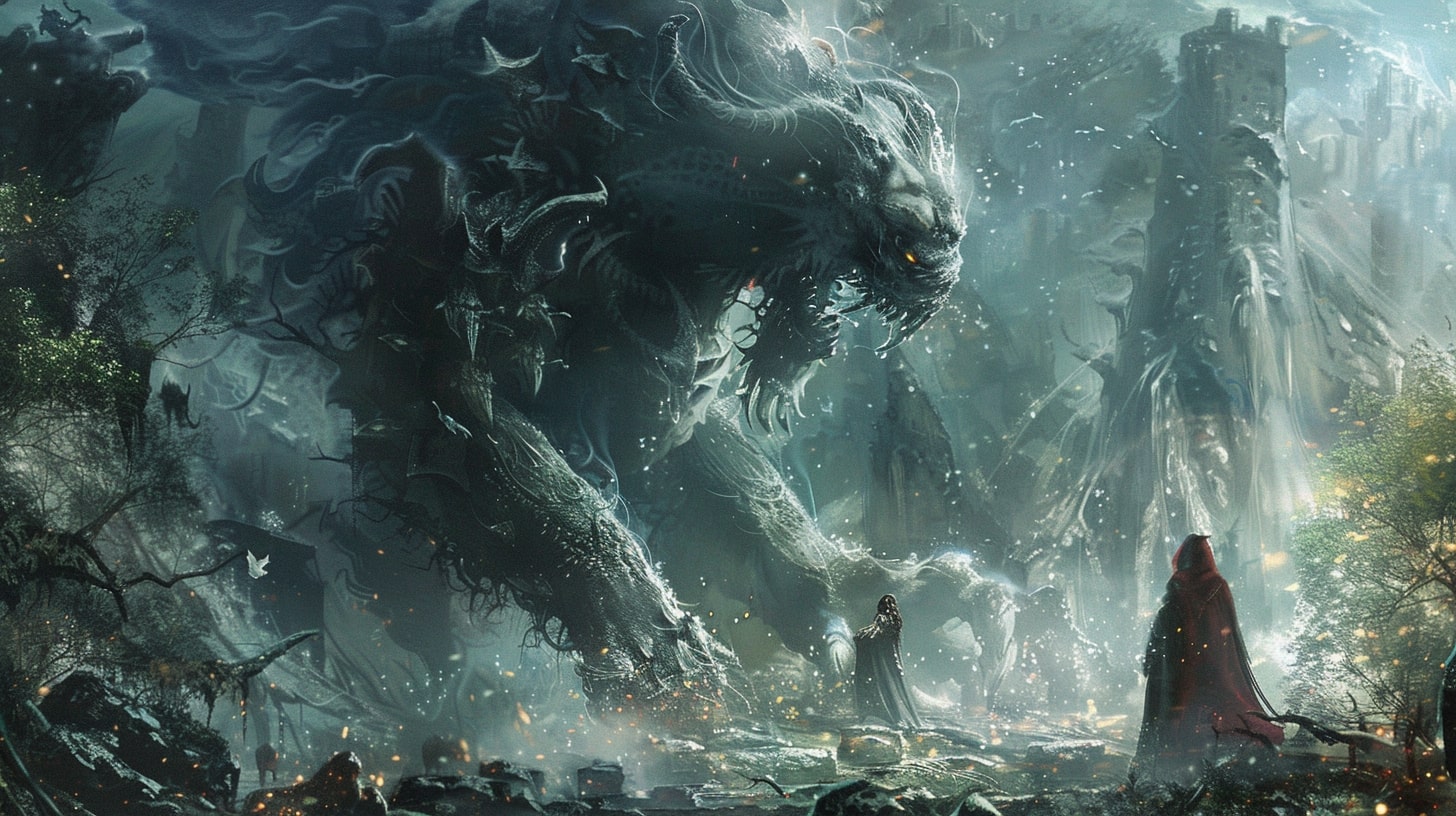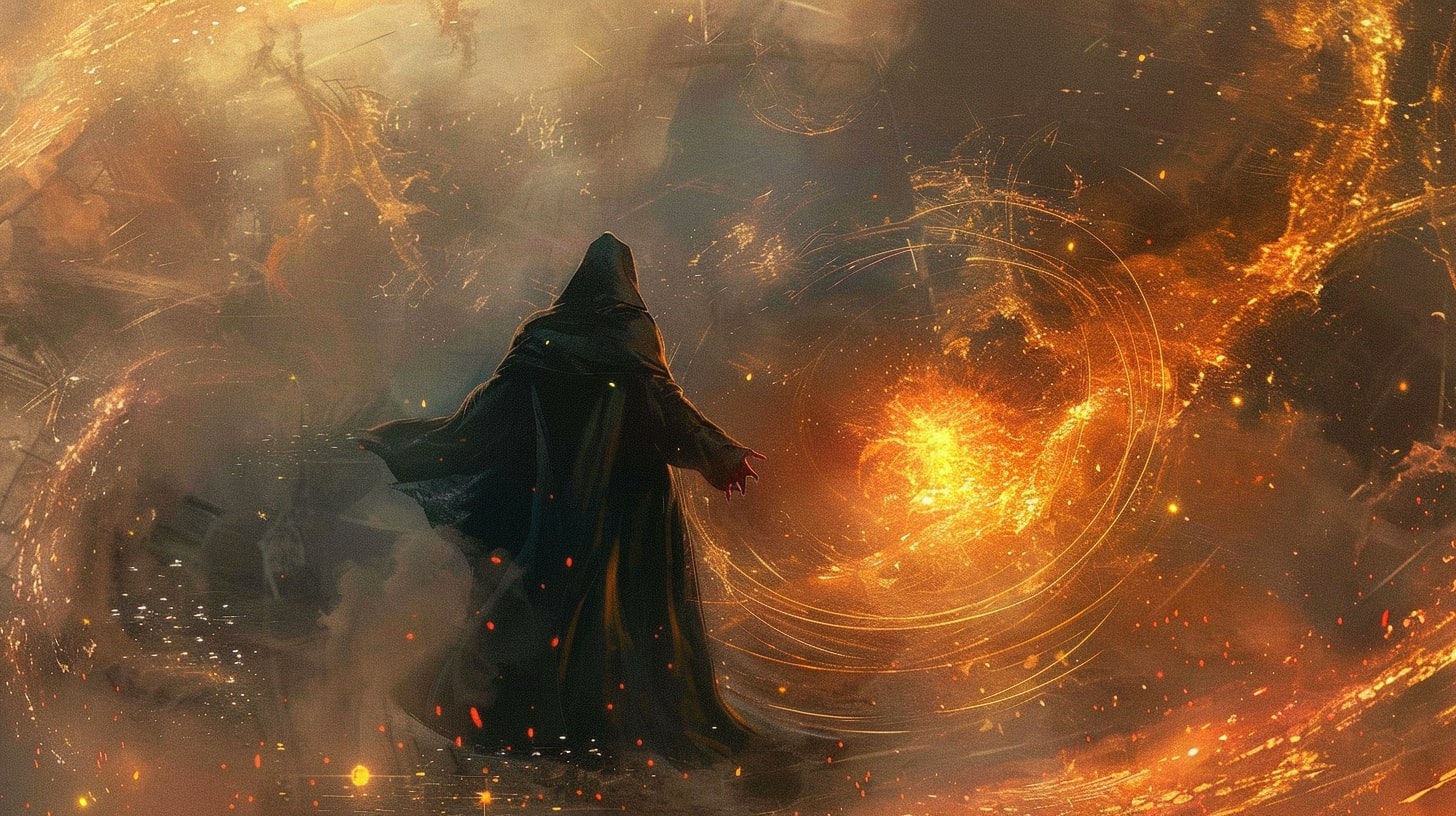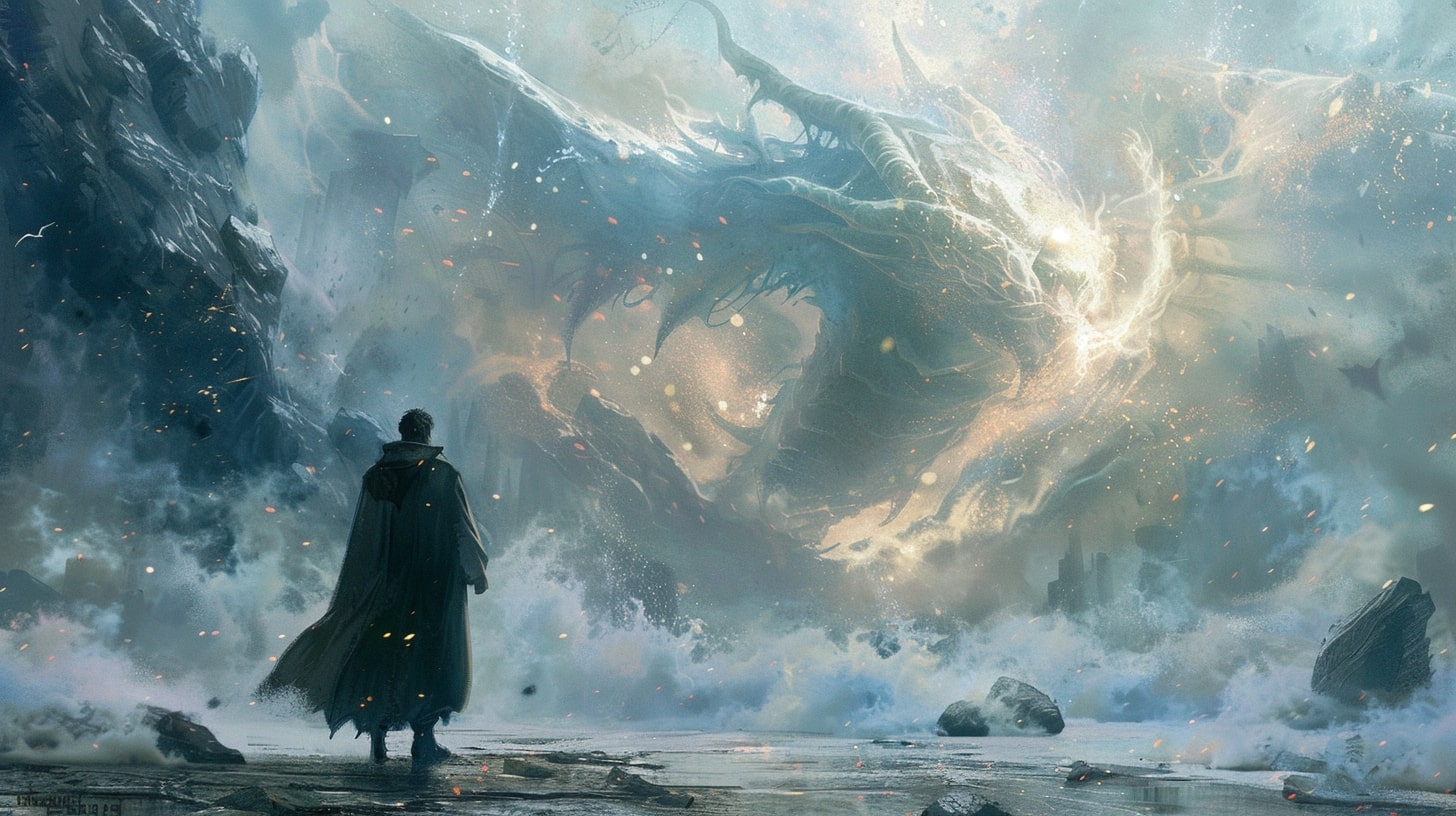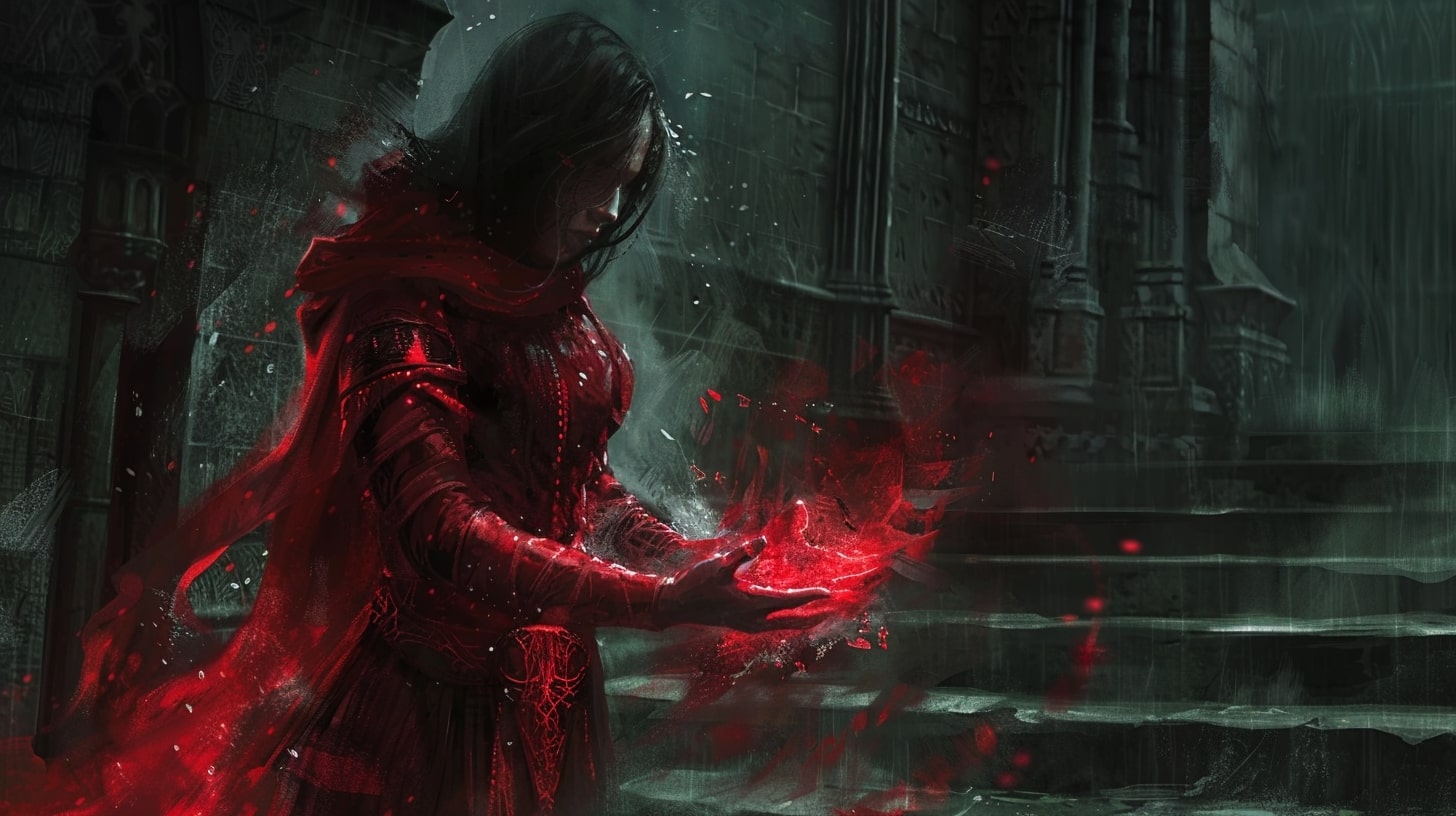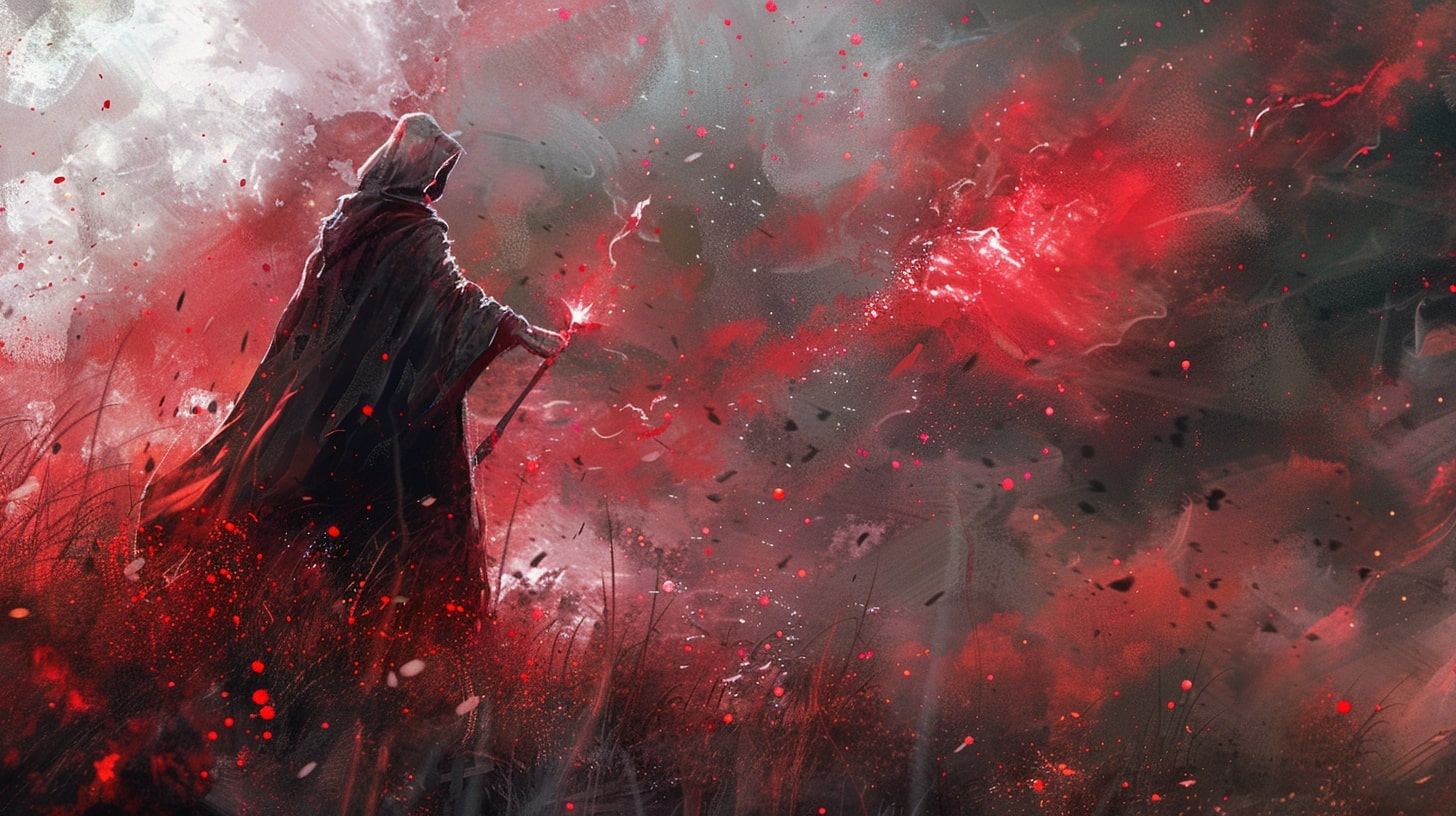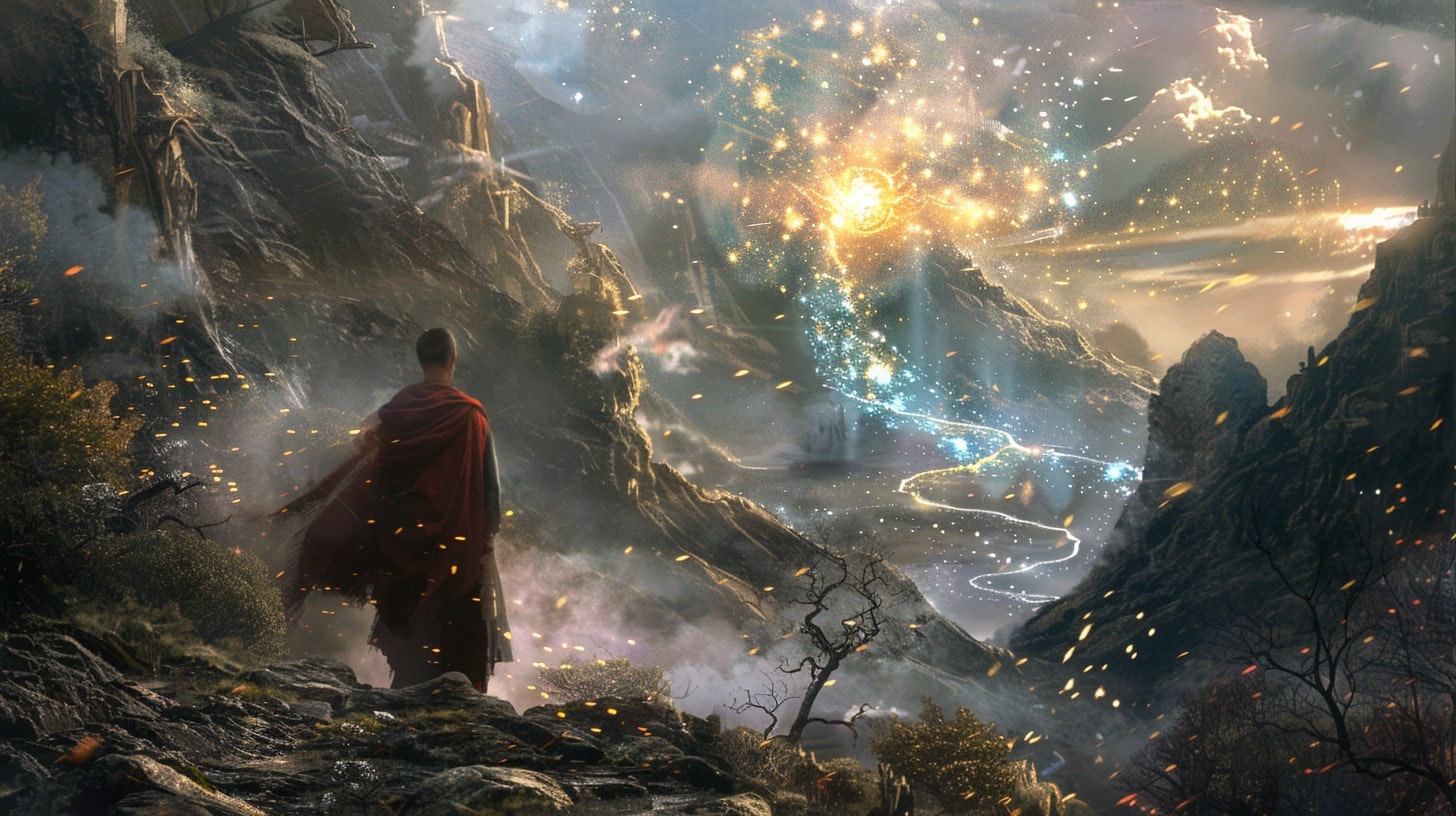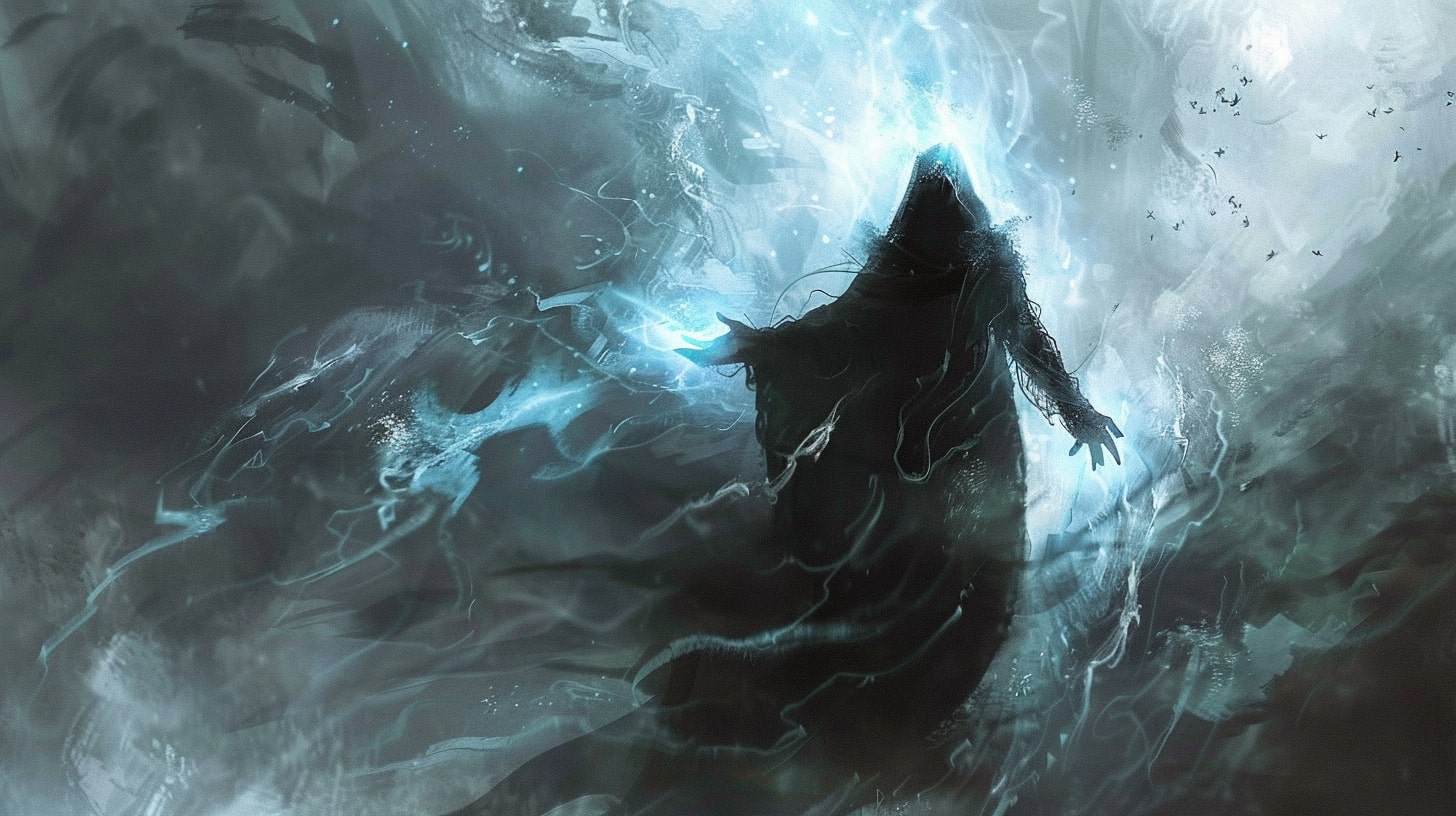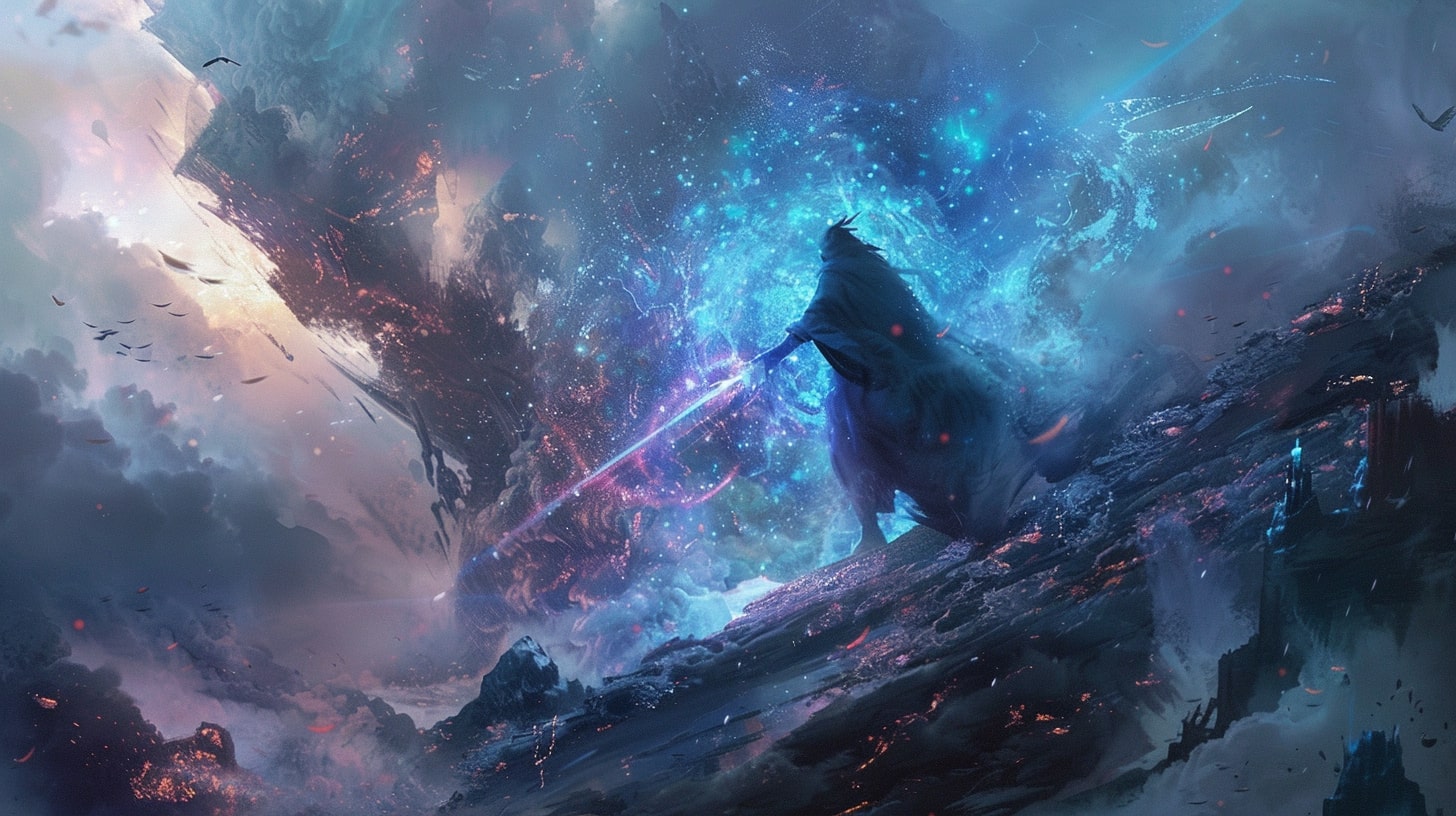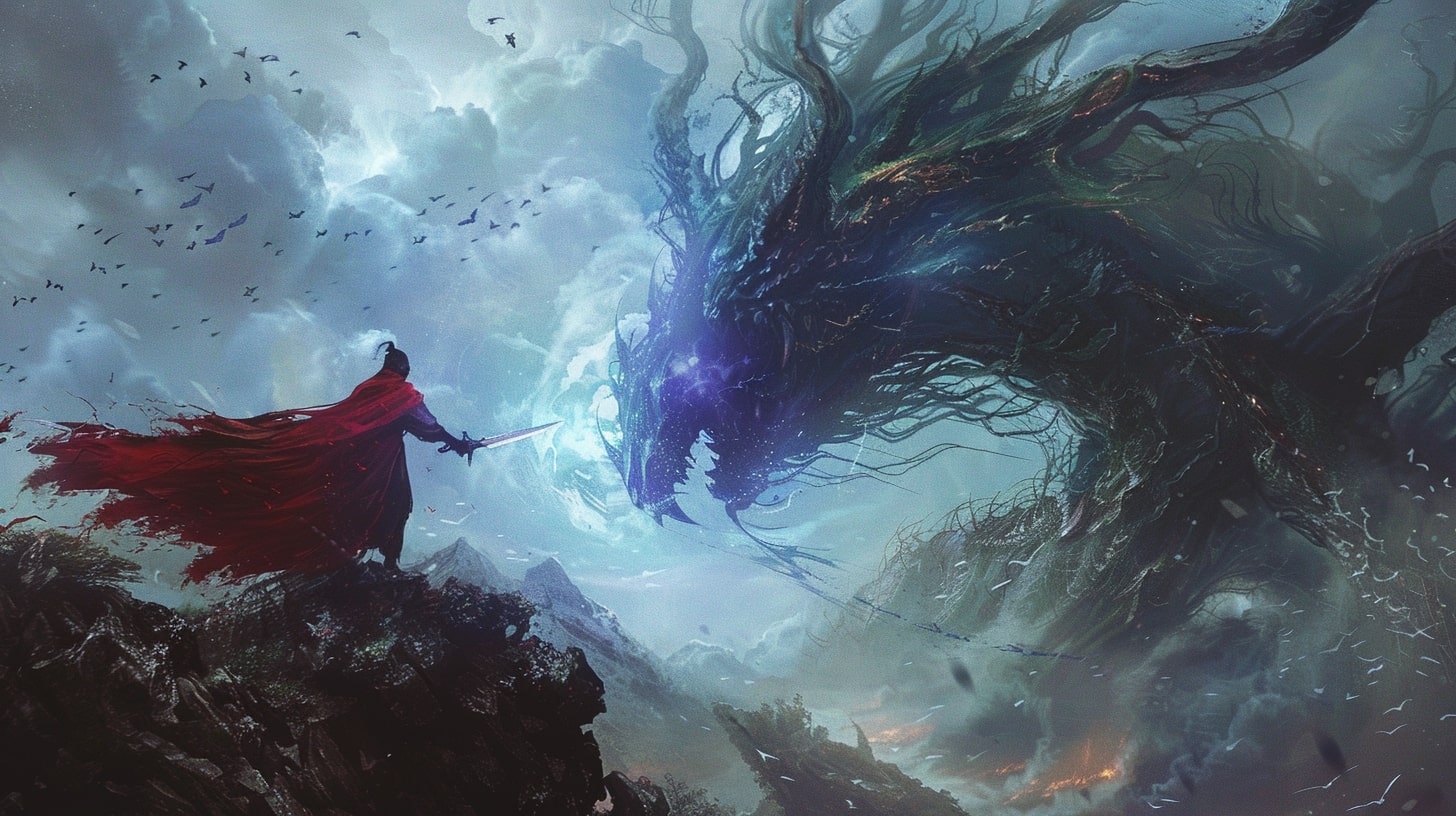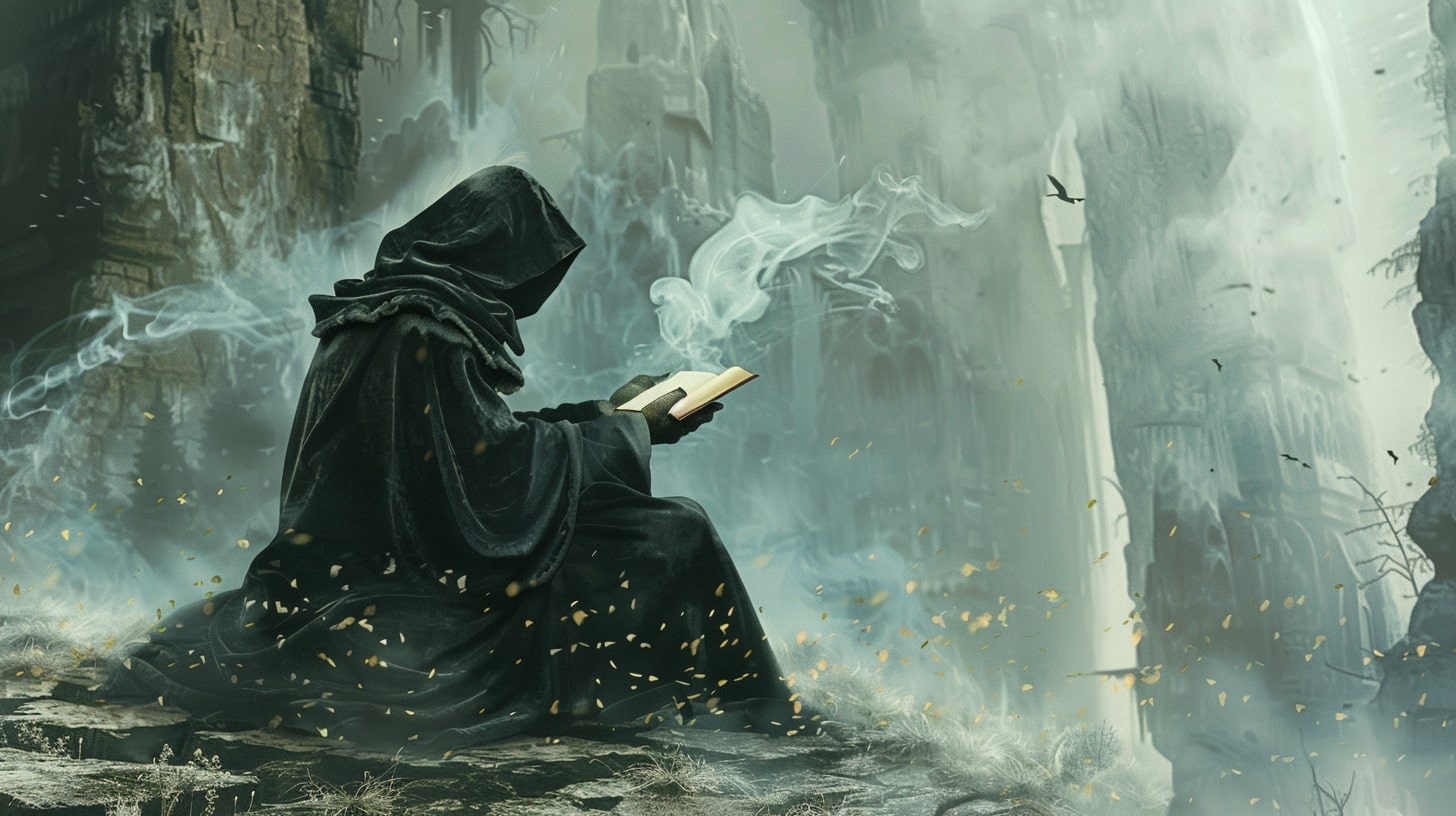The Art of Magic System Development
In the realm of fantasy writing, magic systems play a crucial role in bringing enchantment and wonder to your stories. Creating a well-developed magic system adds depth to your world and provides a framework for the fantastical elements in your narrative.
When you start to dive deep into magic system development you begin to see how it can shape the world that you’re building. From the environment to the politics to even the culture of everything.
Why Magic Systems Matter in Fantasy Writing
Magic systems are an integral part of fantasy writing as they contribute to the believability and immersion of your story. A well-crafted magic system adds a sense of wonder, intrigue, and excitement to your world, captivating readers and drawing them deeper into your narrative.
Magic systems also serve as a tool for worldbuilding, allowing you to shape the rules and boundaries of your fictional universe. By establishing the mechanics, limitations, and origins of magic, you create a cohesive and consistent magical framework that enhances the overall storytelling experience.
Moreover, magic systems provide opportunities for conflict, character development, and plot progression. They can be used to raise stakes, drive character motivations, and serve as catalysts for both major and minor story arcs. The possibilities are endless when it comes to incorporating magic into your narrative, making it an essential aspect of fantasy writing.
Understanding the Basics of Magic Systems
To develop a compelling magic system, it’s important to understand its fundamental components. Magic systems are built upon various elements such as the source of magic, the rules and limitations, and the spells or rituals associated with it.
The source of magic can range from arcane knowledge and divine intervention to nature-based energies or even blood. Exploring different sources of magic can help you create unique and intriguing systems that set your story apart. For inspiration and ideas, check out our article on magic system ideas.
Establishing rules and limitations is crucial for maintaining consistency and avoiding plot holes. By defining what magic can and cannot do, you create a framework that guides the behavior and capabilities of magic users. For more guidance on establishing rules and limitations, refer to our article on magic system rules and magic system limitations.
Finally, creating spells and rituals adds depth and flavor to your magic system. Spells can be specific incantations or actions that produce magical effects, while rituals involve more complex and ceremonial practices. Exploring different types of spells and rituals can enhance the richness of your magic system. Check out our article on elemental magic spells for inspiration.
By understanding the importance of magic systems in fantasy writing and grasping the basics of their development, you are well on your way to creating a captivating and immersive world. So, let your imagination soar, embrace the possibilities, and craft a magic system that will leave readers spellbound.
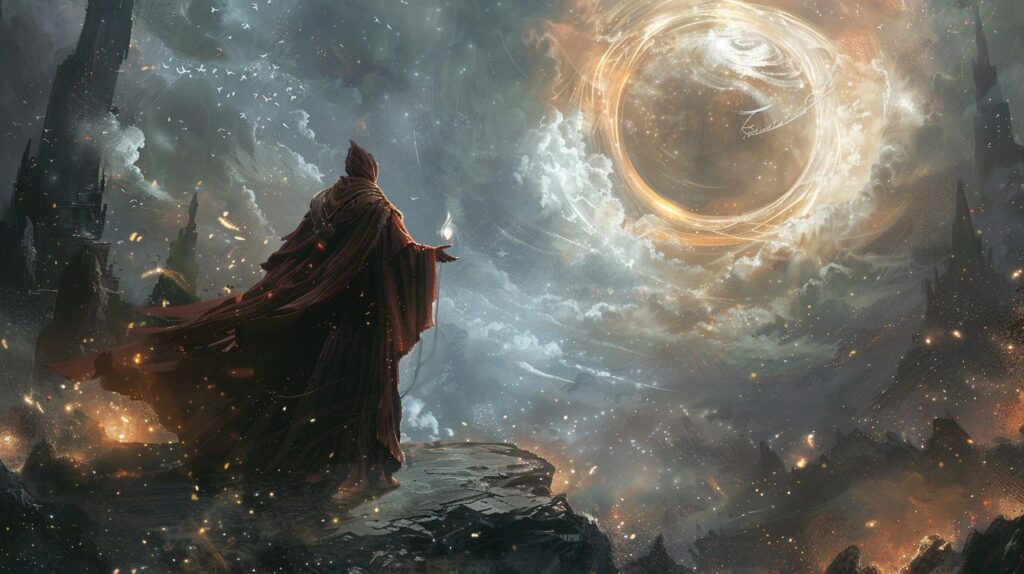
Magic System Development: Elements of Magic
When it comes to developing a magic system for your fantasy world, one of the key aspects to consider is the choice of fundamental elements. These elements serve as the building blocks of your magic system and can add depth and intrigue to your story. Additionally, exploring elemental affinities can further enhance the complexity and richness of your magical world.
Choosing the Fundamental Elements
Choosing the fundamental elements for your magic system is an exciting and creative process. These elements can range from classical elemental forces such as fire, water, air, and earth, to more unique and imaginative concepts. The choice of elements will shape the nature of magic in your world and influence how it interacts with the characters and environment.
Consider the characteristics and symbolism associated with each element. For example, fire can represent passion, destruction, and transformation, while water can symbolize emotions, healing, and intuition. By selecting elements that align with the themes and tone of your story, you can create a cohesive and immersive magical experience.
To further explore potential magic system ideas and discover how different elements can be combined or adapted, visit our article on magic system ideas.
Exploring Elemental Affinities
In addition to the fundamental elements, you can delve deeper into elemental affinities to add layers of complexity to your magic system. Elemental affinities refer to the connections or relationships between different elements. These affinities can influence how magic manifests, how spells are cast, and how characters interact with the magic system.
For example, you may establish that fire and air have a natural affinity, allowing characters who possess affinities for both elements to manipulate fire with greater ease. On the other hand, fire and water may have opposing affinities, making it more challenging for characters with affinities for these elements to control them simultaneously.
By exploring elemental affinities, you can create a dynamic and interconnected web of magic, providing opportunities for conflict, alliances, and alliances. This can also add depth to your characters as their affinities shape their abilities and relationships within the magical world.
To gain inspiration and learn more about different elemental magic systems and their affinities, check out our article on elemental magic system.
By carefully considering the fundamental elements and exploring elemental affinities, you can lay a solid foundation for your magic system. These choices will shape the rules, limitations, and dynamics of magic in your world, providing a framework for your characters and plot to unfold. Embrace your creativity and let the elements guide you on a magical journey of worldbuilding and storytelling.
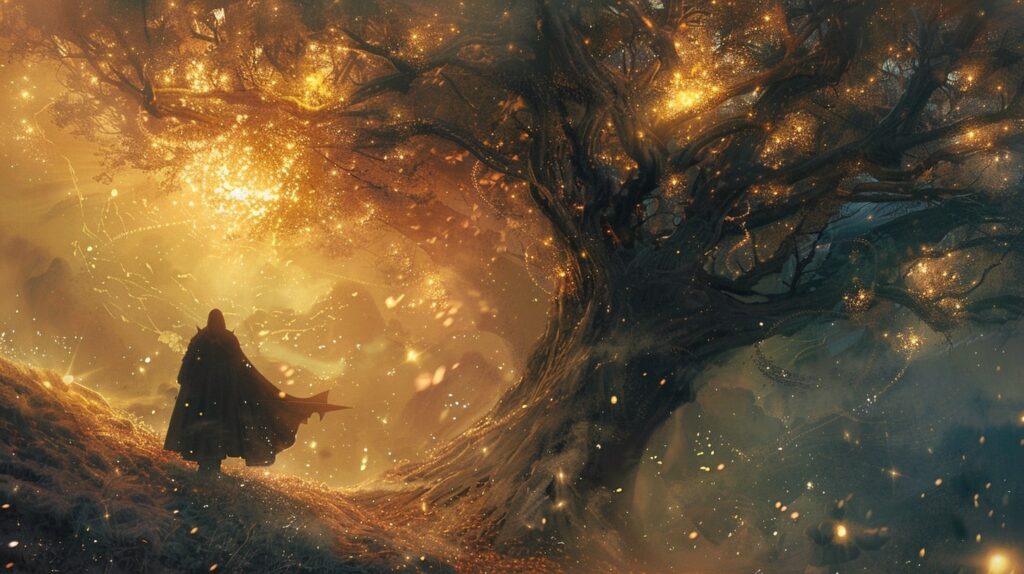
Types of Magic Systems
In the realm of magic system development, there are several approaches you can take to bring your fantastical world to life. As a fantasy writer, it’s essential to understand the different types of magic systems and how they can shape your story. Let’s explore three common types: rule-based magic systems, soft magic systems, and hybrid magic systems.
Rule-Based Magic Systems
Rule-based magic systems operate on a set of well-defined rules and principles. In these systems, magic follows a specific logic and is governed by clear limitations. The rules may dictate the source of magic, its components, and the mechanics through which it is wielded. These systems often provide a sense of structure and consistency, allowing readers to understand and anticipate how magic works within the story.
For example, a rule-based magic system could establish that magic can only be accessed through specific rituals or spells, requiring precise ingredients or incantations. This type of system lends itself well to stories that emphasize strategic planning and problem-solving. If you’re looking for ideas on how to develop your rule-based magic system, check out our article on magic system ideas.
Soft Magic Systems
Soft magic systems, on the other hand, operate with a more mysterious and undefined set of rules. In these systems, magic often lacks explicit limitations and may be presented as more intuitive or mystical. Soft magic systems leave room for ambiguity and wonder, allowing the unexpected and unexplained to occur.
In a soft magic system, the emphasis is less on the mechanics of magic and more on its impact on characters and the plot. This type of system can create an air of awe and mysticism, leaving readers intrigued by the unknown possibilities of magic. If you’re interested in exploring the concept of soft magic systems further, our article on unique magic systems can be a valuable resource.
Hybrid Magic Systems
Hybrid magic systems combine elements of both rule-based and soft magic systems. These systems strike a balance between defined rules and a touch of mystery. They may have certain aspects of magic governed by strict rules, while leaving other aspects more open-ended.
By blending the structured nature of rule-based systems with the wonder of soft systems, hybrid magic systems offer the opportunity to explore the best of both worlds. This type of system allows for the development of clear rules and limitations while still leaving room for surprises and unexpected outcomes. If you’re looking to create a unique and versatile magic system, a hybrid approach might be the perfect fit for your story.
As you embark on your magic system development journey, consider the type of system that aligns best with your story’s themes and goals. Whether you opt for a rule-based, soft, or hybrid magic system, remember to maintain consistency and balance in your worldbuilding. By doing so, you can create a captivating magical experience for your readers that seamlessly integrates with your characters and plot.
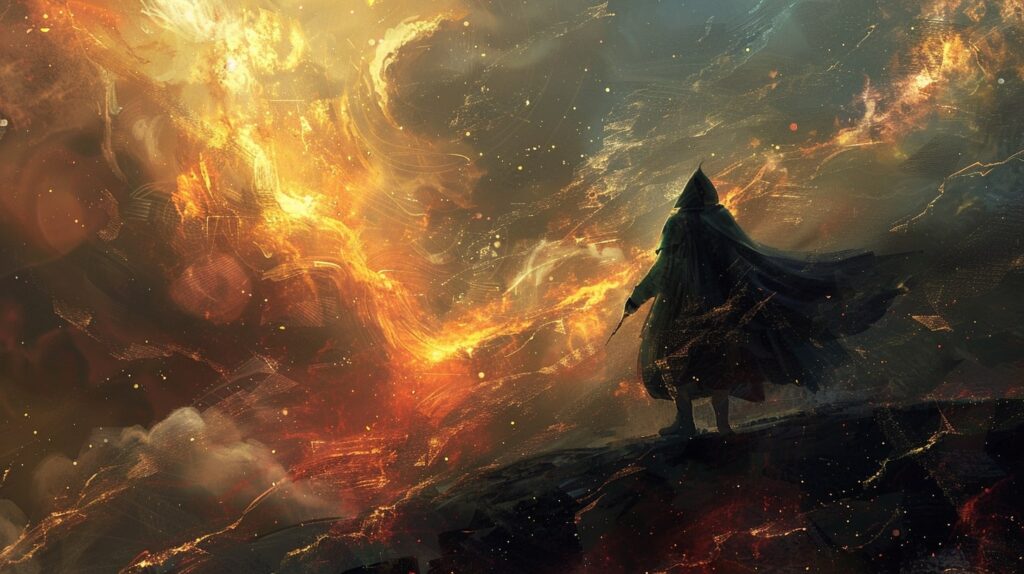
Developing Your Magic System
When it comes to developing your magic system, there are several key aspects to consider. This section will explore three crucial elements: establishing rules and limitations, defining the source of magic, and creating spells and rituals.
Establishing Rules and Limitations
To create a believable and engaging magic system, it’s important to establish clear rules and limitations. These rules provide structure and consistency to your magic system, ensuring that it operates within defined boundaries.
Consider questions such as:
- How is magic accessed and utilized?
- What are the specific abilities or powers granted by magic?
- Are there any restrictions or conditions on the use of magic?
- Are there any consequences or side effects associated with using magic?
By answering these questions, you can establish a set of rules that govern how magic works in your world. These rules will help you maintain internal logic and prevent magic from becoming too convenient or overpowering. For more inspiration on magic system development, check out our article on magic system ideas.
Defining the Source of Magic
The source of magic is a fundamental aspect of any magic system. It determines where magic comes from and how it is accessed by practitioners. The source of magic can vary greatly depending on the world you are building.
Some common sources of magic include:
- Arcane knowledge or energy
- Divine intervention or blessings
- Connection to nature or elemental forces
- Rituals or incantations
- Ancient artifacts or magical objects
Defining the source of magic not only adds depth to your world but also shapes the abilities and limitations of magic users. For example, a magic system based on nature may grant powers related to plants and animals, while a system based on arcane knowledge may involve complex spells and incantations. To explore different types of magic systems, visit our article on types of magic systems.
Creating Spells and Rituals
Spells and rituals are the tangible manifestations of magic within your world. These are the specific actions or incantations that magic users perform to access and channel their powers. When creating spells and rituals, it’s important to consider the following:
- Components: What are the necessary components or ingredients for a spell? This could include items, words, gestures, or specific conditions.
- Effectiveness: How powerful or effective are different spells? Are some spells more difficult to perform or require more energy?
- Specialization: Can magic users specialize in specific types of spells or have unique abilities within the system?
- Learning and Mastery: How do magic users learn and master spells? Are there schools or mentors to guide them?
By carefully crafting spells and rituals, you can add depth and detail to your magic system. These elements also provide opportunities for plot development and character growth. For more information on magic system creation, check out our article on magic system creation.
As you develop your magic system, remember to consider its role in society, politics, and conflict. Magic can have a profound impact on various aspects of your world, as discussed in the subsequent sections. With a solid foundation in rules, limitations, the source of magic, and spells, you can create a rich and immersive magical experience for readers.
Incorporating Magic in the World
As you develop your magic system, it’s essential to consider how magic exists within the world you are building. Magic can have a profound impact on society, politics, and conflicts, shaping the very fabric of your fictional world.
Magic in Society and Culture
Magic plays a significant role in shaping the society and culture of your world. It can be revered and respected, or feared and forbidden. The presence of magic can influence social hierarchies, with magic users holding positions of power and influence. Different cultures may have varying beliefs and customs surrounding magic, leading to diverse magical traditions and rituals.
Incorporating magic into society and culture can add depth and richness to your world. Consider how magic is viewed by different social classes, and how it affects everyday life, customs, and traditions. By integrating magic into the fabric of society, you can create a more immersive and believable world.
Magic’s Impact on Politics and Power
The presence of magic inevitably has an impact on politics and power dynamics within your world. Magic users may hold positions of authority, serving as advisors, rulers, or even as a ruling class themselves. Political alliances may form based on magical abilities, leading to power struggles and conflicts.
Consider how magic influences the balance of power in your world. Are there laws and regulations surrounding the use of magic? How do non-magic users view and interact with those who possess magical abilities? By exploring the political landscape of your world, you can add depth and complexity to your story.
Magic’s Role in Conflict and Warfare
Magic can be a potent tool in conflicts and warfare. It can be used both offensively and defensively, giving those who possess it a strategic advantage. The ability to manipulate elements, cast powerful spells, or heal wounds can significantly impact the outcome of battles.
Think about how magic is utilized in conflicts within your world. Are there specialized magical combat techniques or formations? Are there limitations or consequences associated with using magic in warfare? By considering the role of magic in conflict, you can create thrilling and dynamic battle scenes.
Incorporating magic into the world of your story goes beyond the individual abilities of characters. By exploring the societal, political, and conflict-related aspects of magic, you can create a fully realized and immersive world. Remember to keep the internal consistency of your magic system intact and consider its broader implications as you weave magic into the fabric of your world.
Tips for Effective Magic System Development
Creating a compelling and well-developed magic system is a crucial aspect of fantasy writing. It is what sets your world apart and adds depth to your story. To ensure that your magic system is engaging and consistent, here are some essential tips to keep in mind.
Consistency is Key
Consistency is vital when it comes to magic systems. Establishing clear rules and sticking to them throughout your story is crucial for maintaining the believability of your world. Define the limitations, strengths, and weaknesses of your magic system early on and ensure that they remain consistent. This consistency will help your readers understand the boundaries of the magic and prevent any confusion or plot holes. For more guidance on establishing rules for your magic system, check out our article on magic system rules.
Balancing Power and Limitations
Finding the right balance between the power of magic and its limitations is essential for a well-rounded magic system. A magic system that is too powerful can make conflicts and challenges within your story seem trivial.
On the other hand, a magic system that is too limited may not have a significant impact on your plot. Strive to strike a balance that makes magic meaningful and impactful while still allowing for tension and conflict. Our article on magic system balance can provide further insights on achieving this delicate equilibrium.
Incorporating Magic into Characters and Plot
Integrating magic seamlessly into your characters and plot will bring your magic system to life. Consider how your characters interact with magic and how it shapes their identities, motivations, and conflicts. Each character’s relationship with magic can be unique, offering opportunities for growth and development.
Additionally, weaving magic into the plot can create compelling story arcs and add depth to your narrative. Explore the ways in which magic influences the events and outcomes of your story. For more ideas on incorporating magic into your characters and plot, our article on magic system integration offers valuable insights.
By following these tips, you can develop a captivating and well-rounded magic system that enhances your fantasy world. Remember to maintain consistency, strike a balance between power and limitations, and seamlessly incorporate magic into your characters and plot. With a thoughtfully crafted magic system, your fantasy story will truly come to life.
